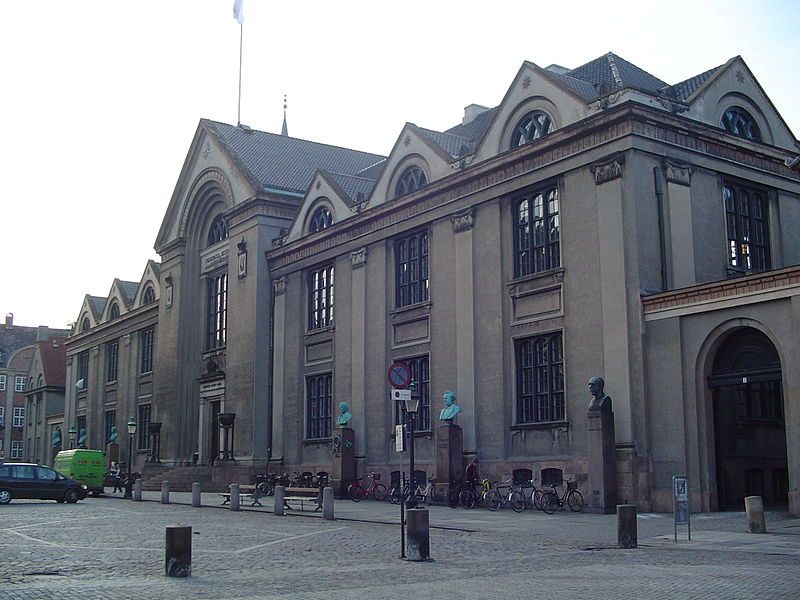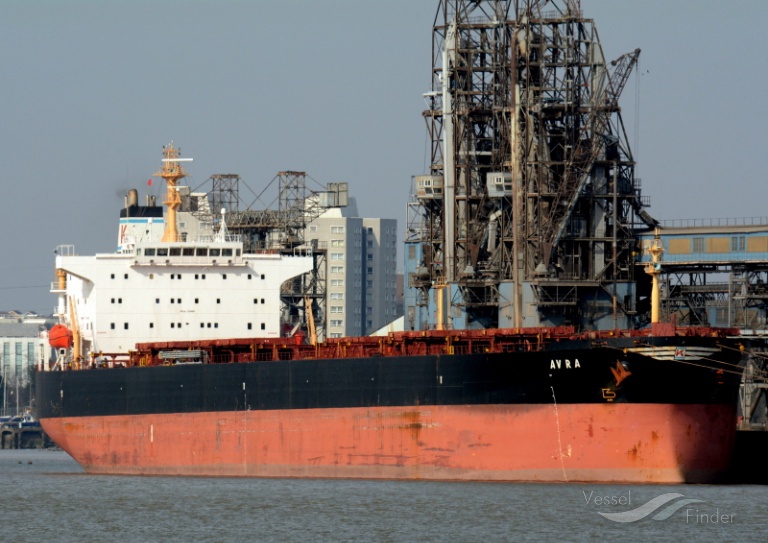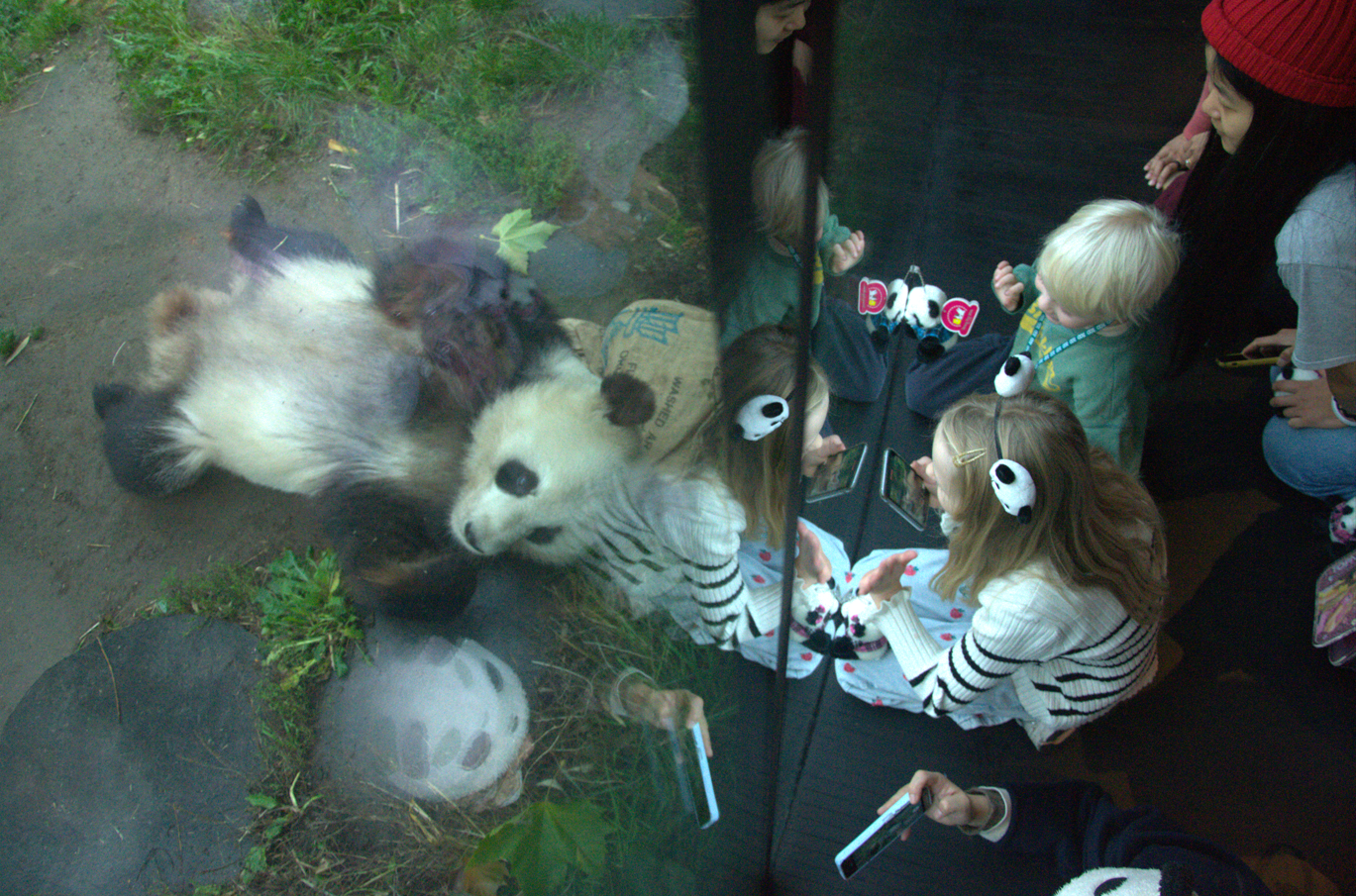A new report from the ministry of education has shown that previous efforts to limit state education grants (SU) to students from European countries have not gone far enough. Projections suggest that by 2023 payments may rise to up to 650 million kroner: 201 million over the limit originally agreed upon.
Currently, students from EU countries have a right to receive SU as long as they work a minimum of 10-12 hours per week.
Fewer arrivals … more payments
The working requirement has had an impact, with the report showing that the number of international students coming to Denmark has levelled off. However, a larger number of international students already in the country have now started claiming their SU benefits.
In other words, more international students are in work, so more are claiming SU. According to education minister Ane Halsboe-Jørgensen, this means the government will have to do more to control the amount of grants given to EU students.
READ MORE: EU students in Denmark caught in a bind on SU relief
Fehmarn-Lolland connection approved by German authorities
There was jubilation across Zealand today as German authorities approved plans for a tunnel connection between the German island of Fehmarn and Danish Lolland. Multiple issues had delayed the start of construction, which was given a green light by the Danish authorities back in 2015, but now building can finally begin in earnest. “It’s better than Christmas Eve,” says Heino Knudsen, chairman of the regional council in Zealand.
Arla to remove plastic caps
Today, Arla has made the decision to remove plastic caps from its milk cartons. The dairy company is the largest in Scandinavia, and together Danes purchase 74 million litres of organic Arla milk each year. This change towards more environmentally friendly cartons means Arla will reduce the CO2-footprint of its packaging by 30%, bringing them closer to their goal of being totally CO2-neutral by 2050.
Pesticides in our drinking water
Since 2013 there have been 65 dispensations awarded to Danish waterworks where traces of pesticides have been found – an act illegal under EU law. Yet despite multiple cases being brought forward by the EU, nothing has been done. The ministry failed to inform either the local authorities or environment minister Lea Wermelin, who has called the situation “unacceptable”. Authorities have assured the public that there is no danger in drinking tap-water, whilst investigations are under way to explain how so many dispensations were granted.
Children caught up in mask debate
Kindergartens across Denmark have been debating where to draw the line on masks when it comes to young children and families. Parents have been encouraged to wear masks when dropping off their children for day-care, but some feel the requirement risks making their child anxious. Children under 12 are not required to wear face masks and nor are their teachers, but parents are struggling to find a balance between assuaging the fears of their children and maintaining an environment free from infection.
















